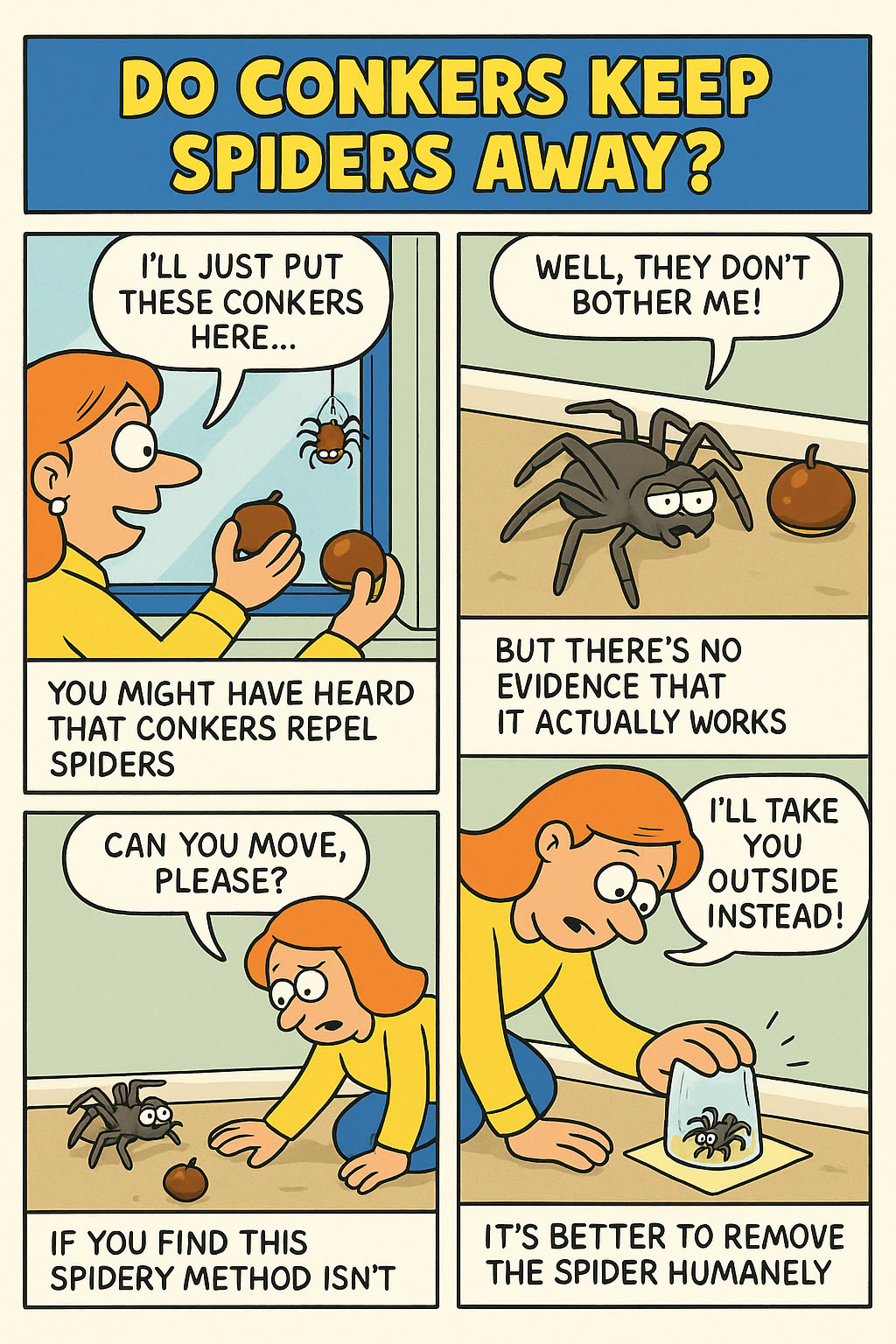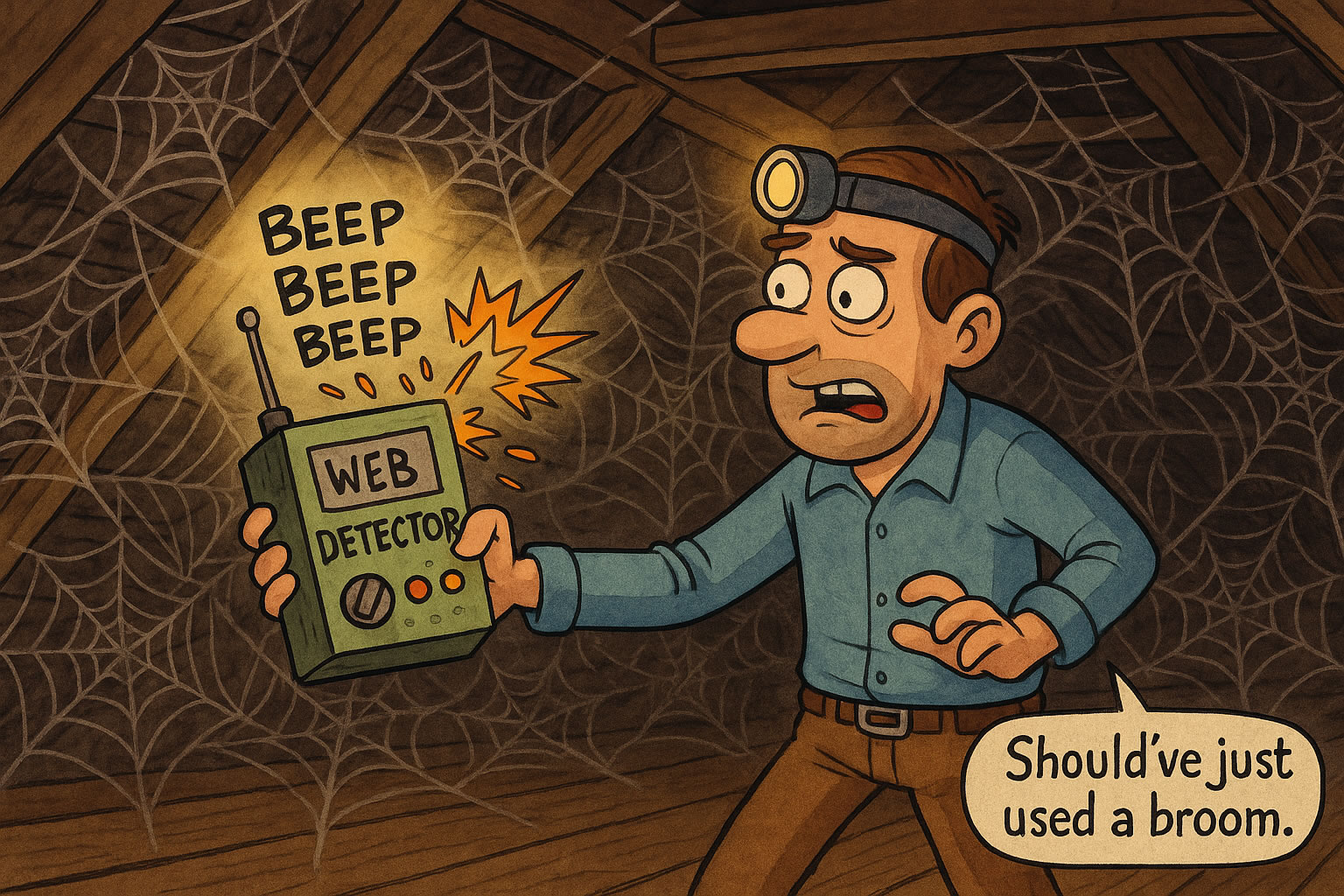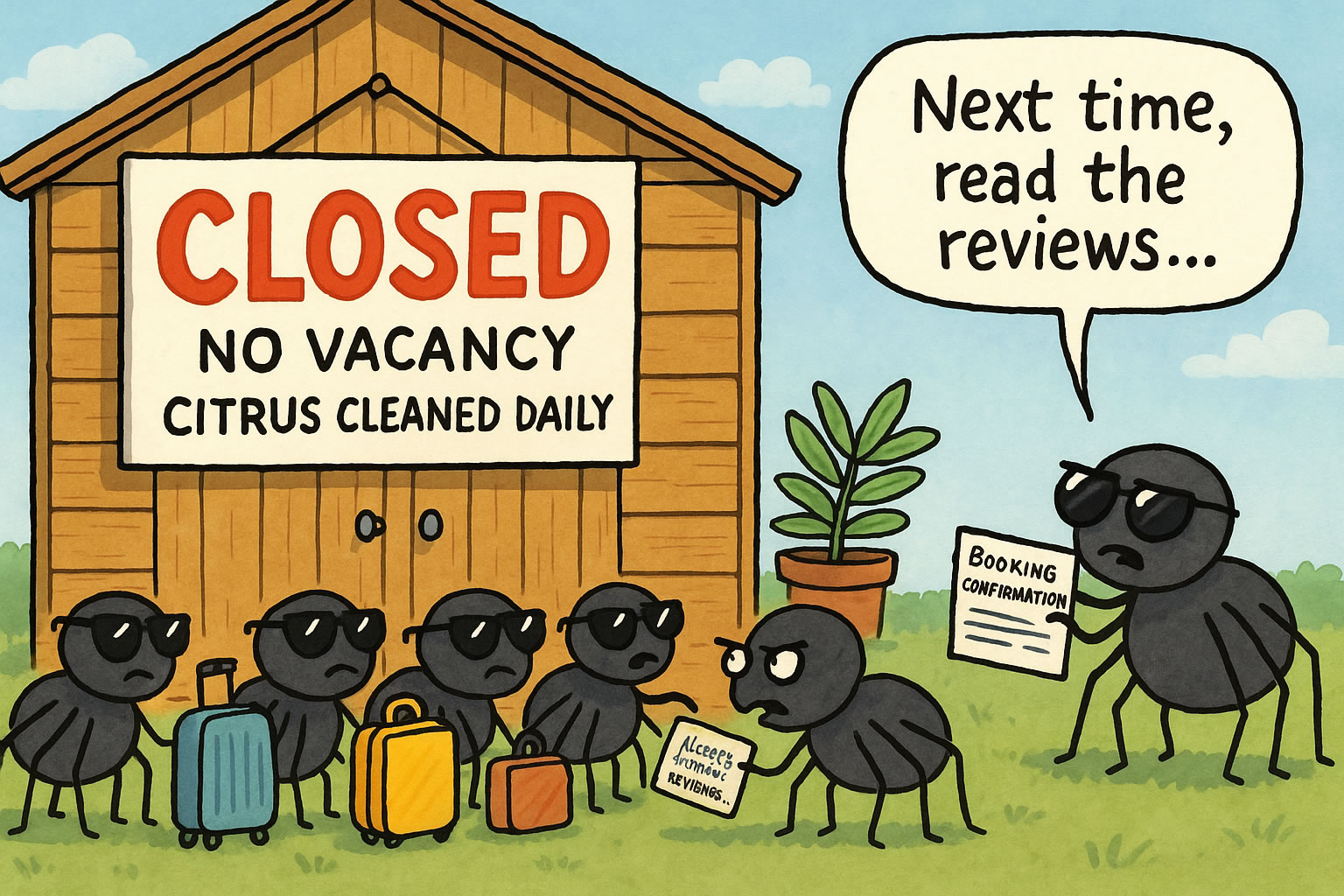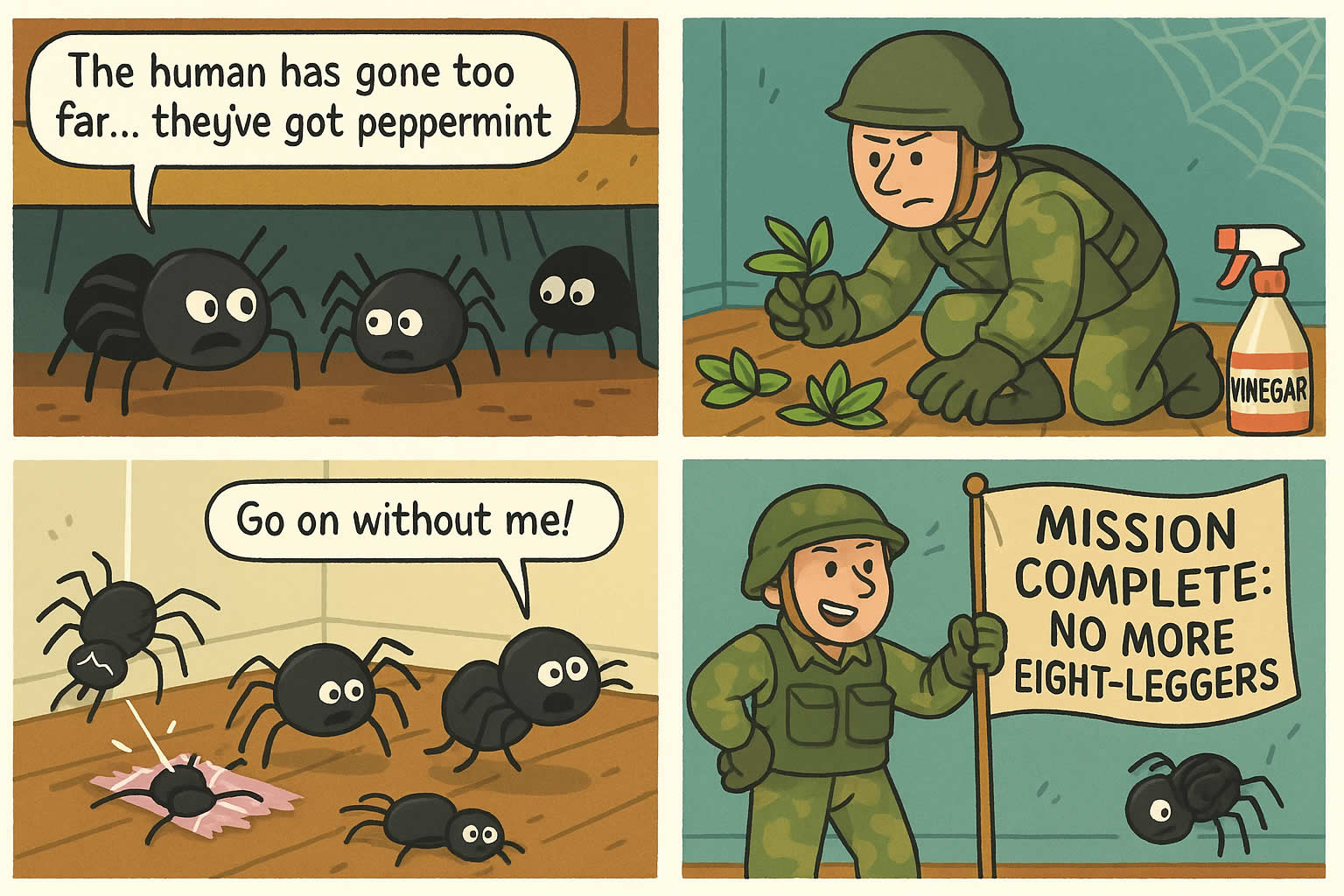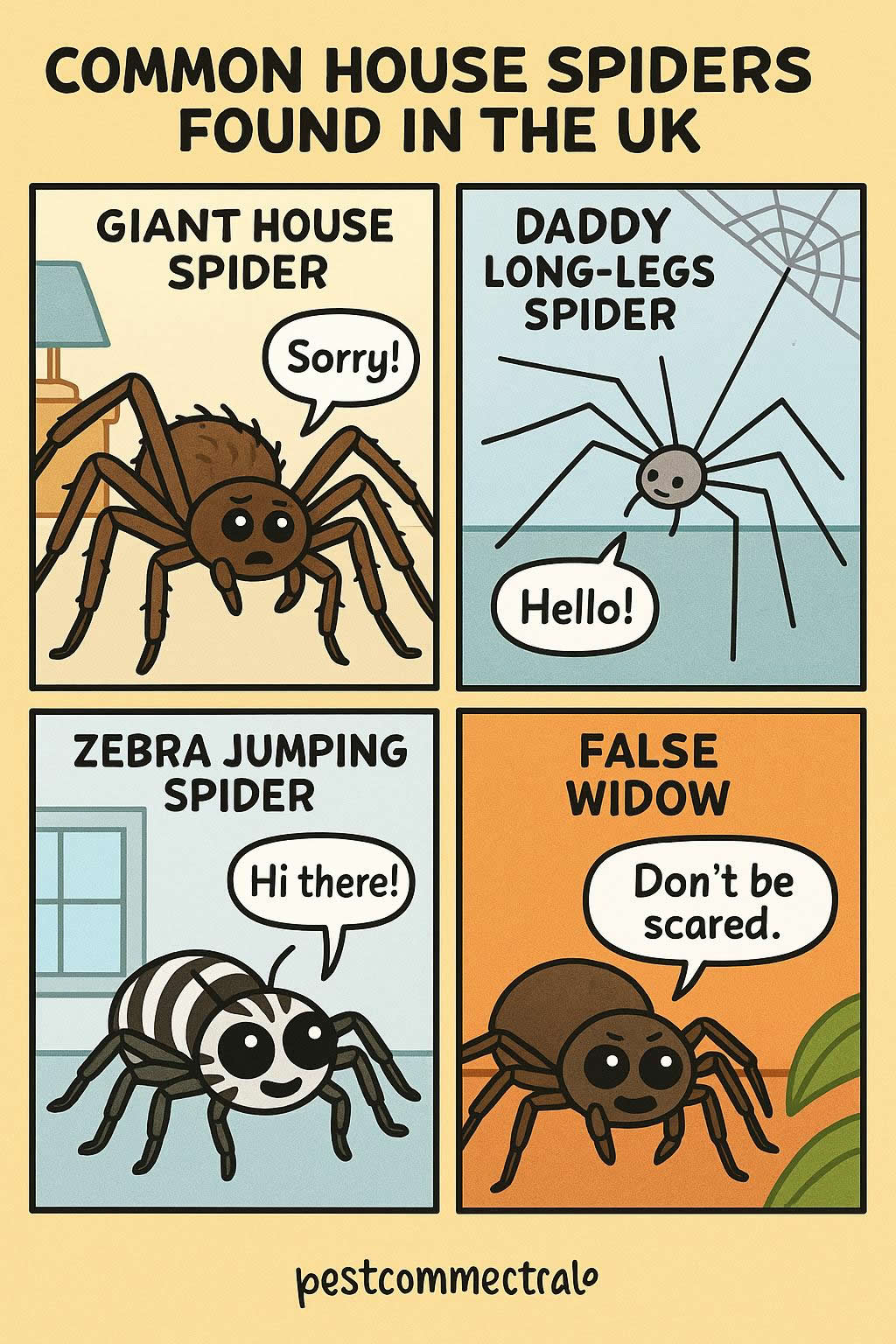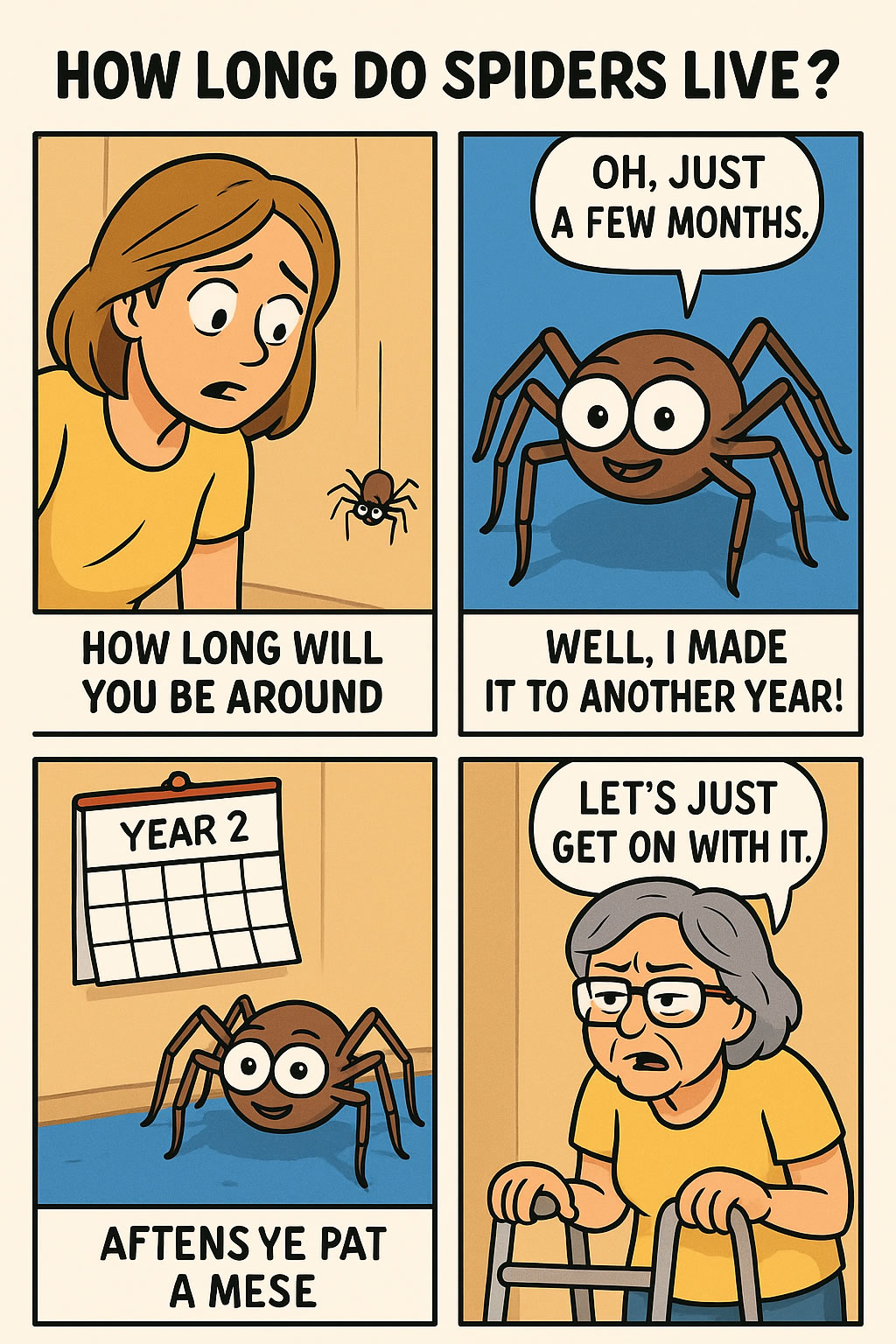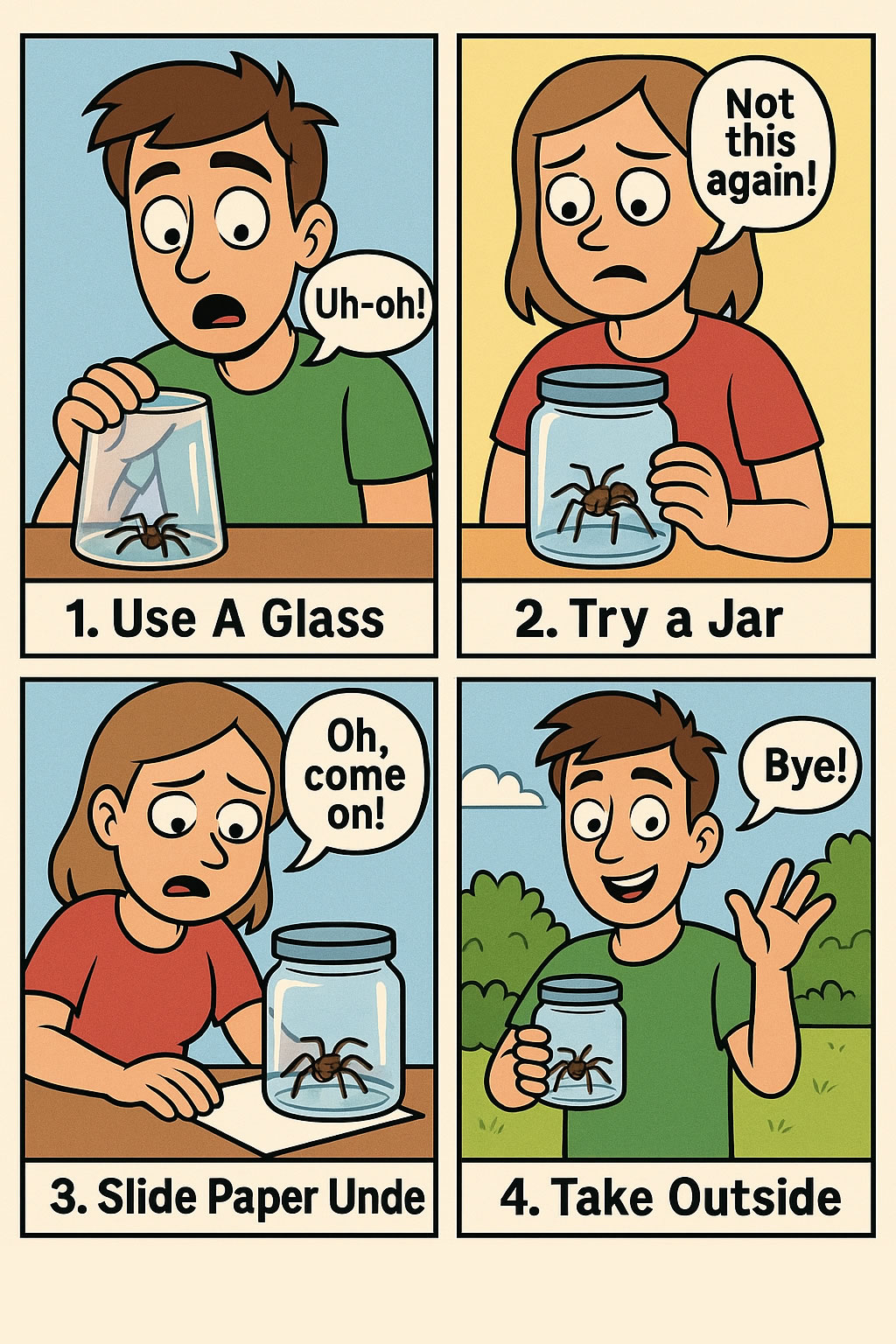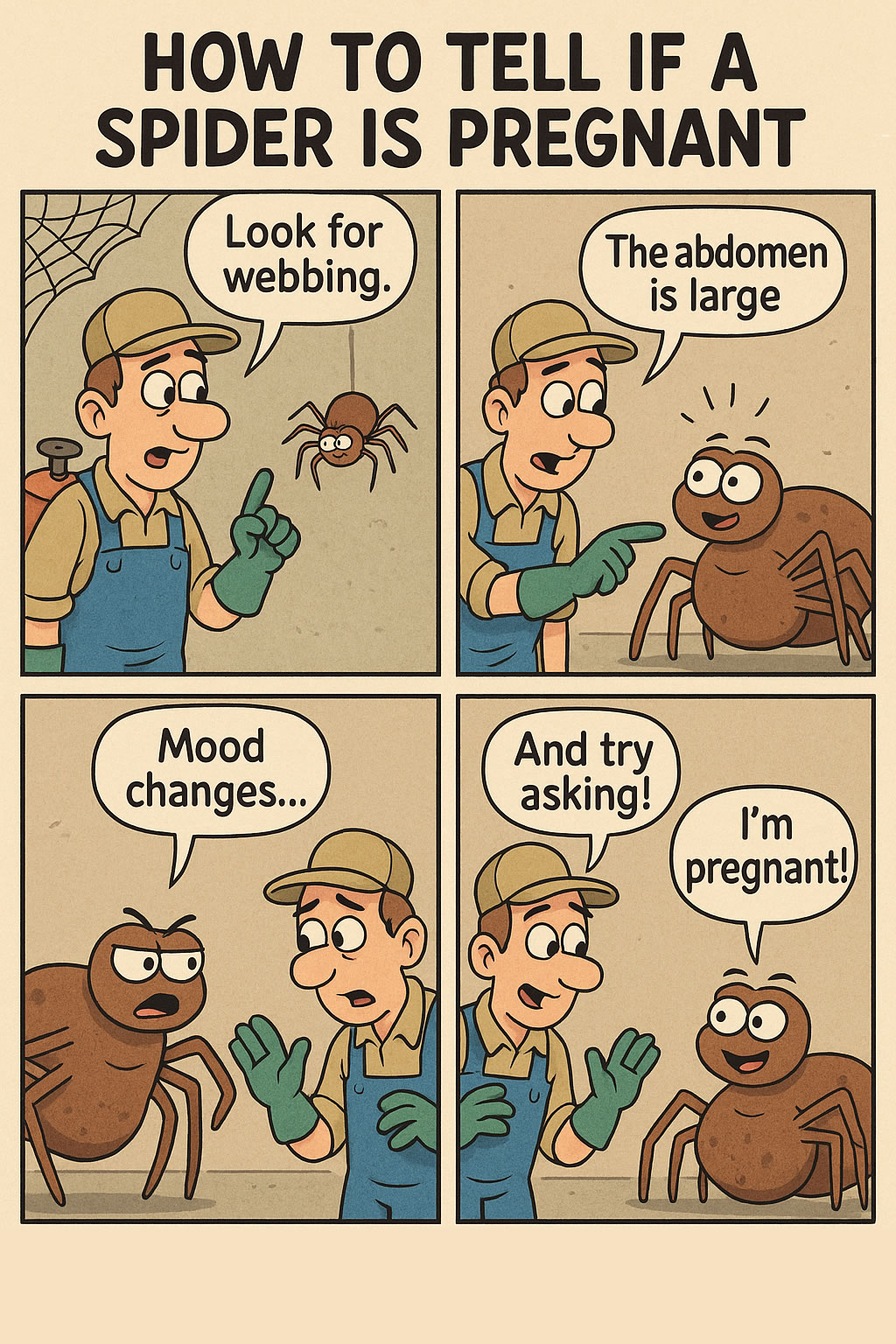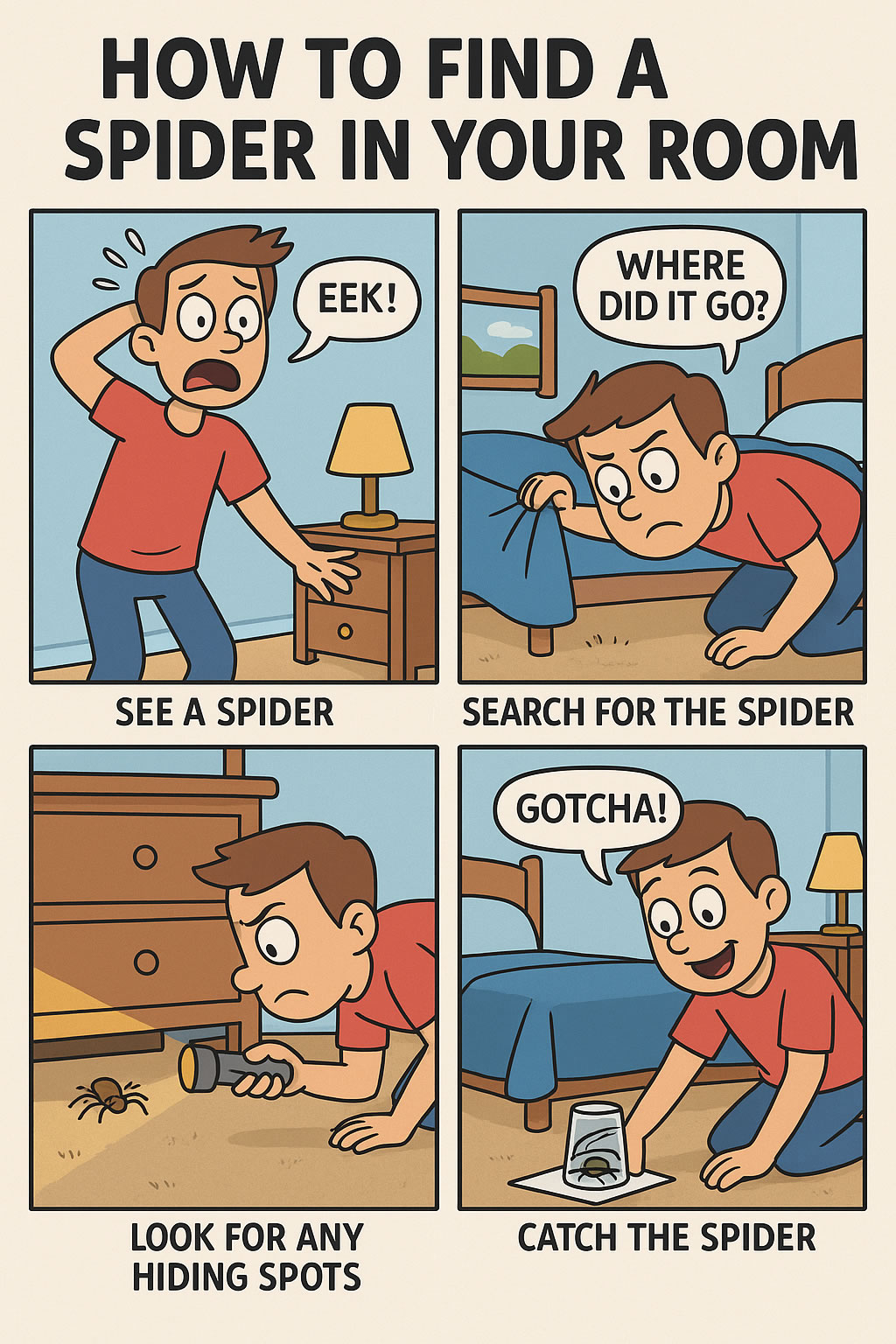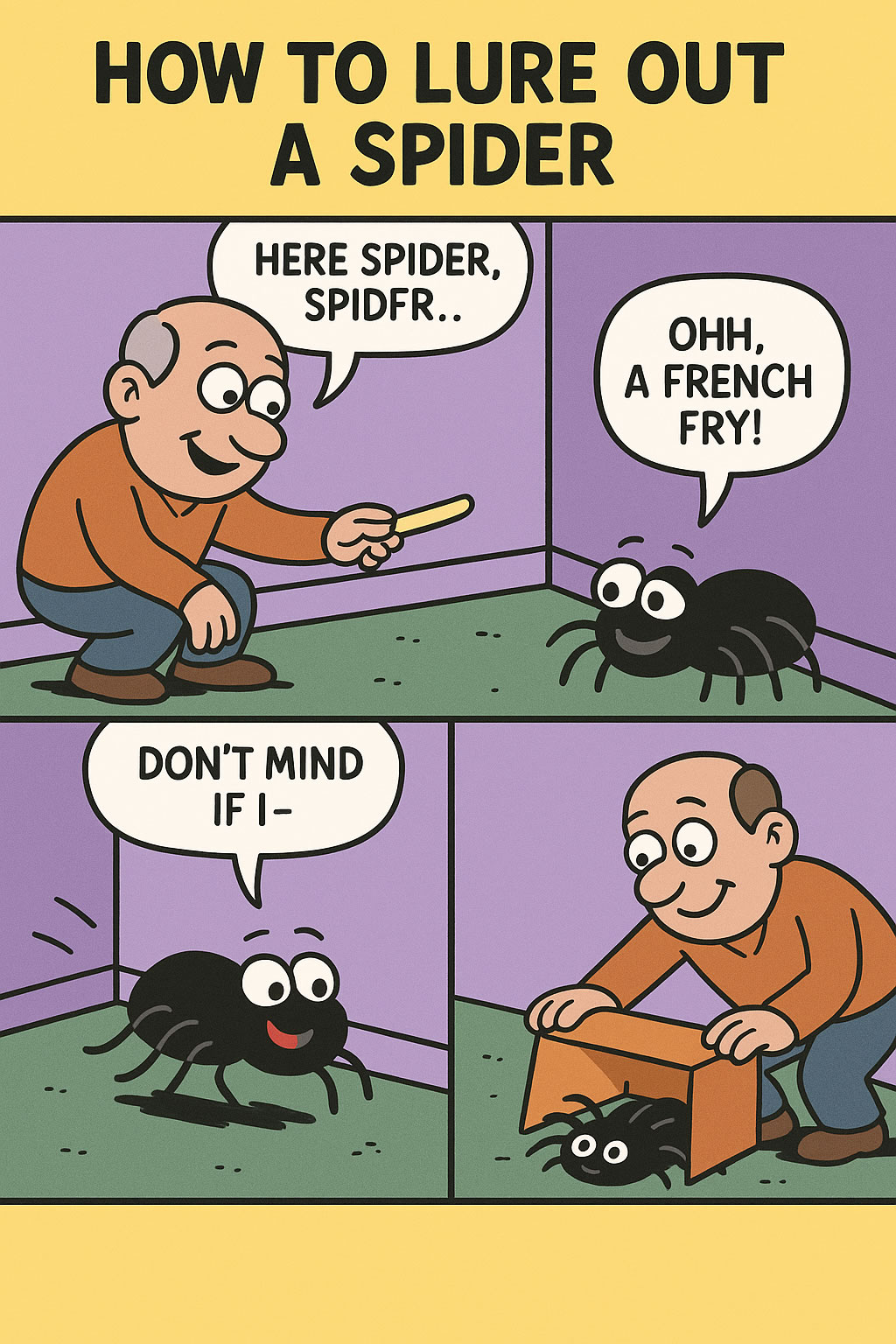Related Queries
ToggleAs the weather gets colder, we all start to spend more time indoors, and unfortunately, this also means more encounters with spiders. There are many myths and old wives’ tales about how to keep these eight-legged creatures away, and one that has been around for a long time is the idea that conkers could be a natural spider repellent. But is this really true?
We will take a closer look at the science behind the conker spider repellent theory, explain how it is believed to work, and assess whether it is a method you may want to try in your own home.
Do Conkers Keep Spiders Away?
The claim that conkers (also known as horse chestnuts) keep spiders away is a persistent folk tale, but unfortunately, there’s no scientific evidence to support it.
Here’s a quick breakdown of what we know:
The Myth:
- Conkers are said to contain a chemical called saponin, which is thought to repel spiders. Some even claim spiders will die if they touch a conker.
The Reality:
- No studies have shown that saponin has any repellent effect on spiders. In fact, some have observed spiders happily crawling over conkers with no apparent ill effects.
- There’s no evidence that conkers emit any odours that would dissuade spiders. Most spiders rely on touch and vibration for navigation, not smell.
Alternative Solutions:
- While conkers might not be effective, there are other, more reliable ways to keep spiders at bay:
- Seal potential entry points around windows, doors, and cracks.
- Reduce clutter and remove spider webs regularly.
- Use peppermint oil or citrus peels, as the strong scents may deter some spiders (though note, their effectiveness is also unproven).
Final Verdict:
- Placing conkers around your home is unlikely to make a significant difference in spider presence.
- For effective spider control, it’s better to focus on preventative measures and evidence-based methods.
So, while the conker myth persists, it’s best to keep an open mind and rely on more effective strategies for keeping those eight-legged friends at bay!
Where To Put Conkers To Keep Spiders Away?
Conventional wisdom and folklore suggest that placing conkers—horse chestnuts—in the corners of rooms and by windowsills can deter spiders from entering your home. Although there is no scientific evidence to fully support the spider-repelling properties of conkers, many claim they work due to a compound believed to be offensive to spiders.
If you’re seeking a natural deterrent, it may be worth positioning these glossy brown seeds strategically around your dwelling, especially in areas where spiders are most likely to invade, such as dark corners, crevices, or near potential entry points like doors and windows.
Whether it’s the conkers’ scent or just an old wives’ tale, it’s a harmless and decorative method that could contribute to keeping those eight-legged visitors at bay.
What Is The Difference Between Conkers And Chestnuts?
Conkers and chestnuts, often confused due to their similar appearance, are indeed distinct from one another. Conkers are the seeds of the horse chestnut tree, which are not edible due to the presence of aesculin, a toxic substance.
They have a matte finish and are typically larger with a more flattened shape. On the contrary, chestnuts come from the sweet chestnut tree and are safe for consumption, featuring a sweeter taste when roasted.
These edible chestnuts are rounded, have a pointed tip and exhibit a glossy finish. Another distinguishing feature is the casing; conkers are encased in a green husk with short, stiff spikes, while chestnuts are contained within a husk that has a fuzzier, less prickly appearance.
It is essential to recognise these differences, not just to appreciate the unique characteristics of each seed, but also for safety in distinguishing the non-toxic chestnuts from the potentially harmful conkers.
What Smells Do Spiders Hate?
Spiders, although a crucial part of our ecosystem, are not always welcome guests in our homes. They detest strong scents and often retreat when overpowered by certain odors. Among the smells that spiders hate are peppermint oil, vinegar, citrus, and eucalyptus.
These smells disturb their sensitive olfactory systems, effectively repelling them. Peppermint oil, especially with its intense fragrance, can be used as a natural deterrent; a few drops diluted with water and sprayed in corners can discourage spiders from setting up camp.
Vinegar, too, with its sharp acidic smell, can create an inhospitable environment for these eight-legged critters. Citrus scents from lemon or orange peels, when placed in areas prone to spider infestations, can help keep them away.
Lastly, eucalyptus, known for its refreshing and potent aroma, is another smell disliked by spiders, and having a plant or using the essential oil can contribute to warding them off. By understanding and utilising these scents, homeowners can maintain spider-free zones without resorting to harsh chemicals.
Why Do Spiders Come Into Our Home?
Spiders commonly enter homes in search of shelter, food, and a place to mate. These eight-legged creatures come indoors due to changing weather conditions, especially as the seasons transition from summer to fall and the temperature starts to drop.
Seeking warmth and protection from the cold, spiders find their way through cracks, crevices, and open windows or doors. Inside, they discover abundant prey like flies, moths, and other insects that are attracted to the light and heat of a house.
Moreover, some species of spiders are attracted to damp areas, thus basements, walls, and crawl spaces become ideal habitats for them. There’s also the aspect of mating; male spiders may venture into homes during mating seasons in search of potential female partners.
While their presence may be unwelcome to many homeowners, it’s worth noting that spiders play a beneficial role in controlling pests naturally and are generally harmless to humans.
A More Detailed Analysis
Firstly, let’s start by explaining exactly what a conker is. Conkers are the seeds of the horse chestnut tree and are often found on the ground during autumn. The belief that conkers can repel spiders is based on the idea that the tree contains a chemical called triterpenoid saponins, which is toxic to arachnids.
However, there is limited scientific evidence to support the claim that conkers can repel spiders. Some experts suggest that the concentration of triterpenoid saponins in horse chestnuts is too low to have any significant effect on spiders, while others argue that the mere presence of the nuts may deter the arachnids by altering the humidity and light levels in a room.
Another complication is that saponins are actually released by the conkers as they start to decay. So, while fresh conkers may still contain some of the compounds, it is unlikely that they will release enough to have any noticeable effect on spiders.
It is also worth considering that spiders can have different reactions to the same substancess. For example, some species of spiders may be more repelled by the scent of certain plants, such as peppermint oil, while others may not be affected at all. The same could be true of conkers, and it may be that different types of spiders have different reactions to them.
While there is no clear scientific evidence to support the effectiveness of conkers as a spider repellent, this doesn’t necessarily mean that the method is ineffective. It could be worth trying out yourself, as many homeowners report success in keeping spiders at bay by placing conkers around their homes.
It is possible that the slight natural scent of the conker has a repellent effect on spiders or that the ritual of placing them around the home simply makes the homeowner more aware of spider activity, prompting them to take additional measures, such as sealing cracks and cleaning up any potential spider hiding places.
While there is not much scientific evidence to support the idea that conkers can repel spiders, this doesn’t mean it isn’t worth giving it a go. Placing some conkers around your home could work as a natural spider repellent, or it may simply be that the placebo effect is at play. Either way, there is no harm in trying it out, and if it works for you, then it’s a simple, affordable, and eco-friendly option to deter these creepy crawlies.
Hiring a Pest Control Expert
When it comes to dealing with household pests like spiders, hiring a professional pest control expert is often the most effective solution. While myths and DIY methods like placing conkers around the home persist, these approaches lack scientific backing and are rarely reliable.
Are you looking for pest control in Merseyside? Get in touch with us and a local pest removal company will be in touch.
A pest control expert, on the other hand, takes a targeted and evidence-based approach to address infestations. They have the skills and tools to identify entry points, implement preventative measures, and safely apply treatments tailored to your home’s specific needs.
As autumn approaches and spiders seek refuge indoors, investing in professional pest control ensures lasting peace of mind and a spider-free home. Why rely on old wives’ tales when you can trust a proven expert?
Pest Control Cople – Pest Control Potsgrove – Pest Control Budna
